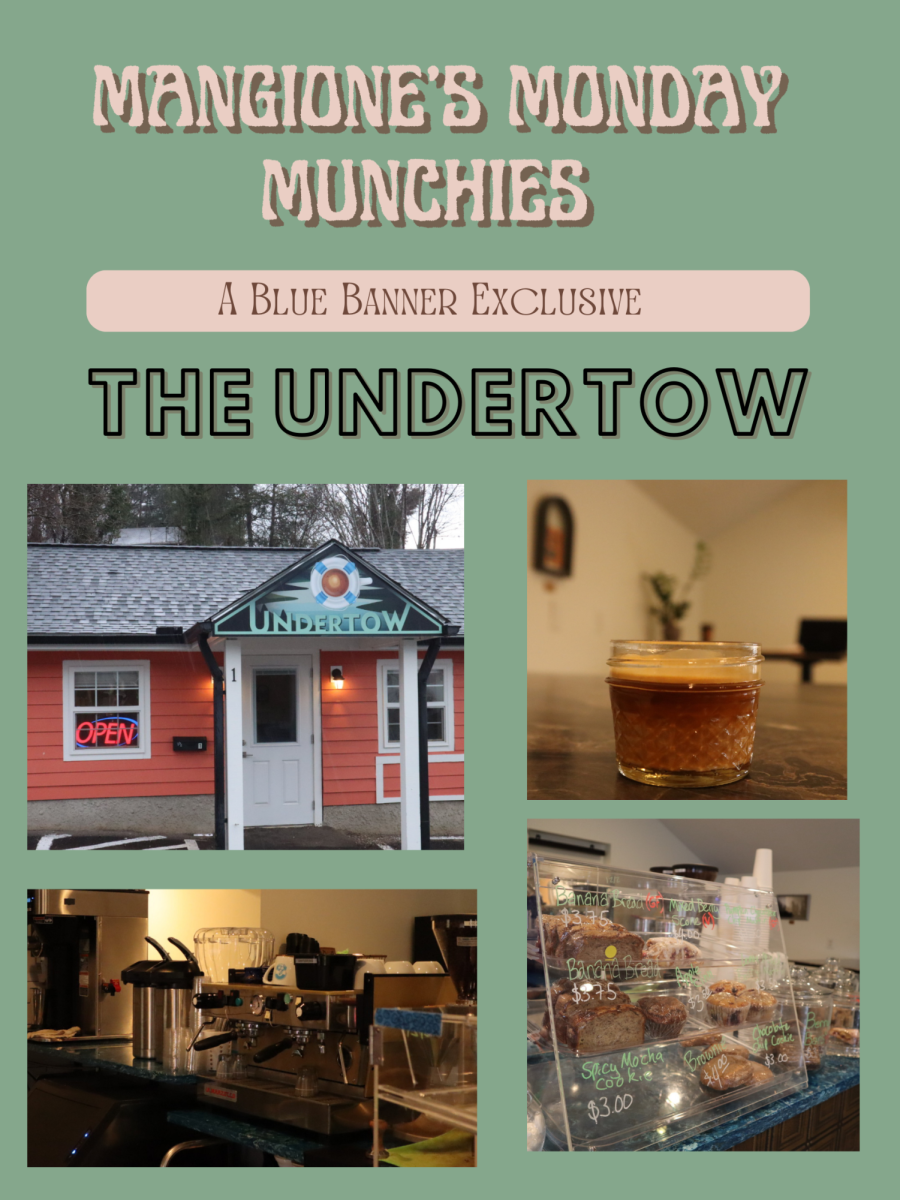By Brooke Randle
Contributor
[email protected]
Jamie Ager’s large, calloused hands and weathered face bare the effects of long days spent in the sun. His rolled up sleeves and easy smile reveal he knows a thing or two about raising livestock. But even the experienced, fourth-generation farmer chuckled as he described the year his prized white-breasted heritage turkeys flew away.
“The only problem with these birds is that they can fly really well,” Ager said.
Ager owns Hickory Nut Gap Farm in Fairview where he and his wife, Amy, pride themselves on producing pasture-raised beef, pork, chicken and, of course, heritage turkeys.
Heritage turkeys are direct descendants from wild turkey breeds that once roamed the uncharted Americas. The Pilgrims themselves once revered the birds for their robust flavor and hardy nature. Despite massive, industrial turkey farms nearly driving the breeds to extinction, a quiet yearning for the native bird is beginning to grow. Today, the heritage turkey may be making a comeback.
Ager leaned back in an old, wooden chair and began listing off heritage turkey breeds like a gentleman recalling his favorite brands of whiskey.

“Heritage turkeys are basically old-timey breeds. You got the Narragansett, the Bourbon Red, the Blue Slate,” Ager said. “They’re really the turkeys that our ancestors ate. These old-timey turkeys are a totally different experience. It’s a different meat, a different flavor.”
From their stout but regal posture to their striking, tri-colored feathers, the heritage turkey all but demands respect and admiration. Even their signature “gobble” accompanies an air of dignity as they banter back and forth like young debutantes in the countryside.
Unlike the dreary confinement of their caged cousins, these noble fowl forage the rolling pastures for nourishment at their leisure. The wild and intuitive nature of the heritage turkey often lends a bit of trouble for those who dare to tame them.
“They’re a little bit challenging,” Ager said. “But they’re fun.”
Miles away in the bustling city of Asheville, A-B Tech Culinary Instructor Chris “Chef” Bugher directed his students. The aroma of countless culinary delights abound while men and women in white chefs coats moved swiftly through the stainless steel kitchen. Pots boil and skillets toss as the team prepared to host their weekly dinner selection.
“I much prefer them taste-wise,” Bugher said of the heritage turkeys. “The flavor is a little bit different. Some people say it’s gamier.”
Bugher fished a pen from his chef’s coat and twiddled it between his fingers. Despite his sophisticated palate, Bugher said taste is not the only reason for choosing heritage breeds over their store-bought rivals.
“From an ethical standpoint, the turkeys in the supermarket, they can’t really get around. Some of them can walk but they can’t mate. They can’t fly or anything,” Bugher said. “It’s not hormones, although they do have some additives, but they are just bred more to have that breast meat.”
Although less adventurous cooks may feel distressed at the thought of preparing a new dish, Bugher guaranteed cooking a heritage turkey is easy as pumpkin pie. According to Bugher, lower temperatures and longer cooking times are key to creating an unforgettable heritage turkey experience.
Bugher hesitated only slightly before leaning forward to disclose his secret weapon for keeping the birds plump and juicy for the big day.
“I suggest using a brine overnight. No matter what kind of turkey you’re using, this will help you out,” Bugher said seriously.
On the west side of Asheville, resident Jessi Luzius enthusiastically awaited Thanksgiving Day. Sort of.
“I hate football. I’m not watching football, I’m not playing football,” said Luzius. “I’m not going around the table saying what I’m thankful for because I believe in being thankful all year long.”
Luzius is anything but conventional. Her gauged ears and piercing blue eyes suggest a deeper understanding of the world around her, including the widely celebrated holiday.
“I don’t like the story of Thanksgiving. I think it’s built on a lot of false tales. It’s all about consumerism. So, I’m a little conflicted about having a traditional Thanksgiving Day meal,” Luzius said, allowing herself to pause and reflect.
The 26-year-old jewelry designer fervently recalled one source of her disapproval to traditional turkey farming.
“I think that my sister and I, we’ve both driven on the highway next to those turkey trucks. They have these cages stacked full of turkeys and they can’t move,” Luzius said, wincing. “And it’s just creepy because they’re all so miserable, you know? I don’t want to eat that or buy that.”
Naturally, Luzius and her sister, Moriah, found themselves drawn like gravy to mashed potatoes to ethically-raised heritage turkeys.
“I feel excited,” Luzius said. “It’s just cool knowing that they’re local from this area and that it wasn’t raised in a cage just to be eaten.”
Back on the farm, Ager eagerly discussed his plans for the big day.
“We cook about three turkeys. We have a big family, about 50 people and so it’s a really big scene,” Ager said. “We play football all afternoon and then go home, take a shower and then everybody gets together.”
Those wishing to grace this years’ Thanksgiving dinner with a heritage turkey may find themselves forlorn this holiday. Oftentimes, heritage turkeys sell out long before autumn makes its first appearance.
Ager grinned sympathetically and offered some sober advice for would-be buyers.
“The earlier, the better. At this point, you’re looking at September 2018.”






















